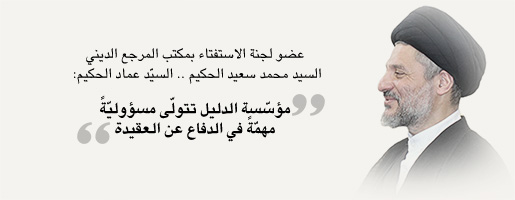
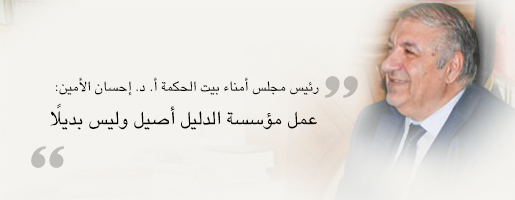
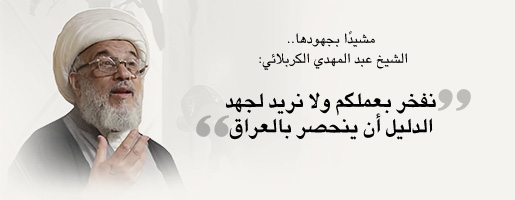
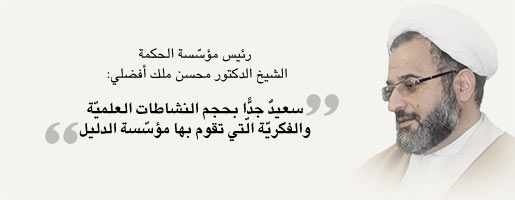
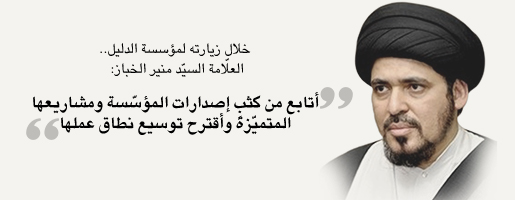
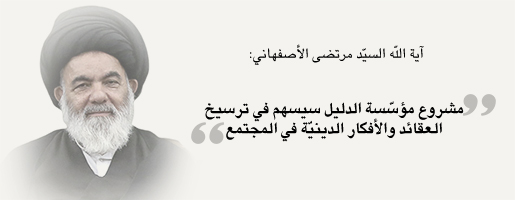
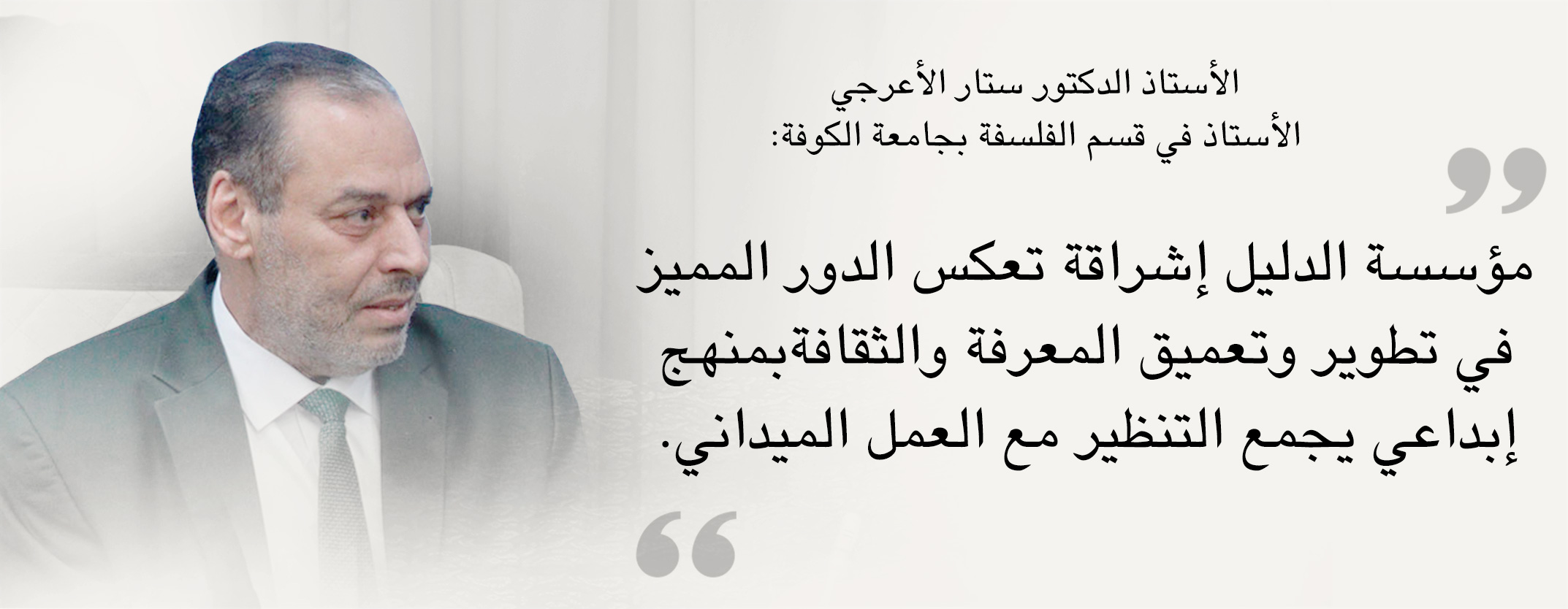
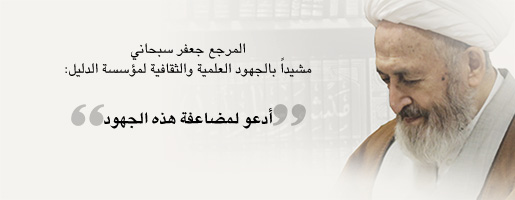
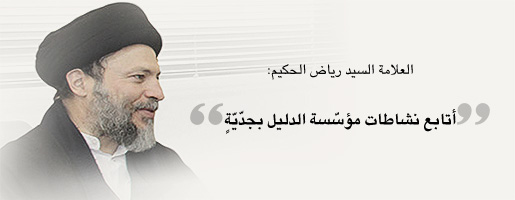
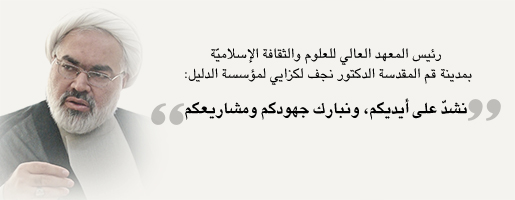
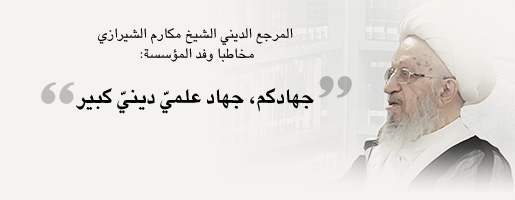
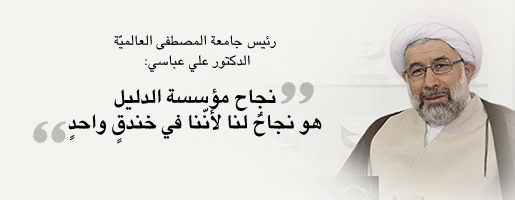
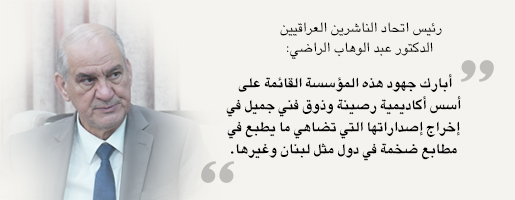
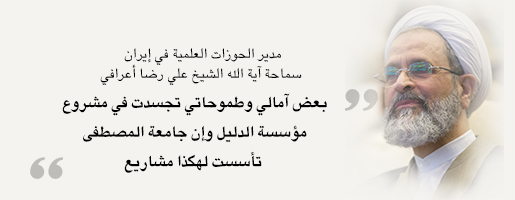
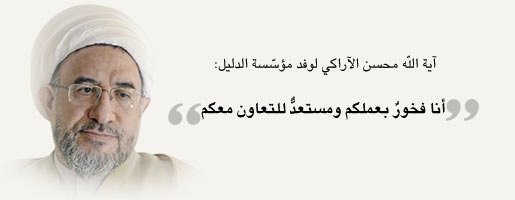
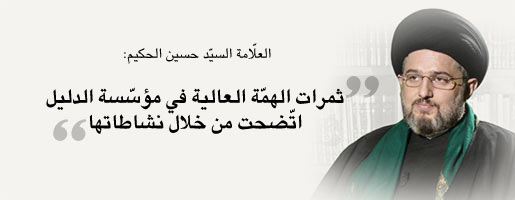
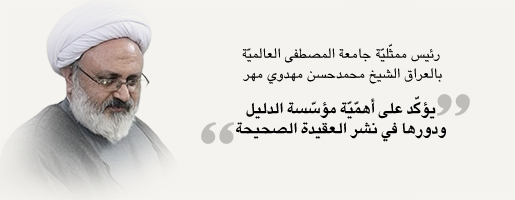
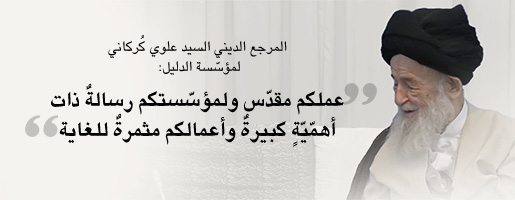
Adnan Hashim Al-Hussaini
Abstract
This study investigates myth as a formative mode of thought, examining how it developed into a distinct intellectual framework through which human beings sought to articulate responses to fundamental existential questions. Myth provided a means of transcending the surface of phenomena in search of hidden causes, enabling a transition from mere wonder to interpretive explanation. Far from being products of pure imagination, myths often reflect elements of lived reality. The study identifies two principal factors underlying the rise of mythological thinking: the absence of rational or scriptural explanations of existence, and the predominance of materialist modes of reasoning. Employing descriptive, analytical, and inferential methodologies, the study explores the relationship between myth and belief, as well as the intersections between mythological and religious thought. The findings show that ancient civilizations-and indeed many societies today-continue to rely significantly on mythological frameworks in their reflections on existence, origin, and destiny. Some myths exhibit affinities with certain religious and historical truths, while others emerge from imagination or as reactions to social, cosmic, or existential concerns. Yet, this phenomenon does not warrant the claim that the Qur'an is myth or mere human speculation about the transcendent. The study concludes that the mythological mode of thought has left a profound and enduring influence on human intellectual history, shaping patterns of reflection in both ancient and modern contexts.
